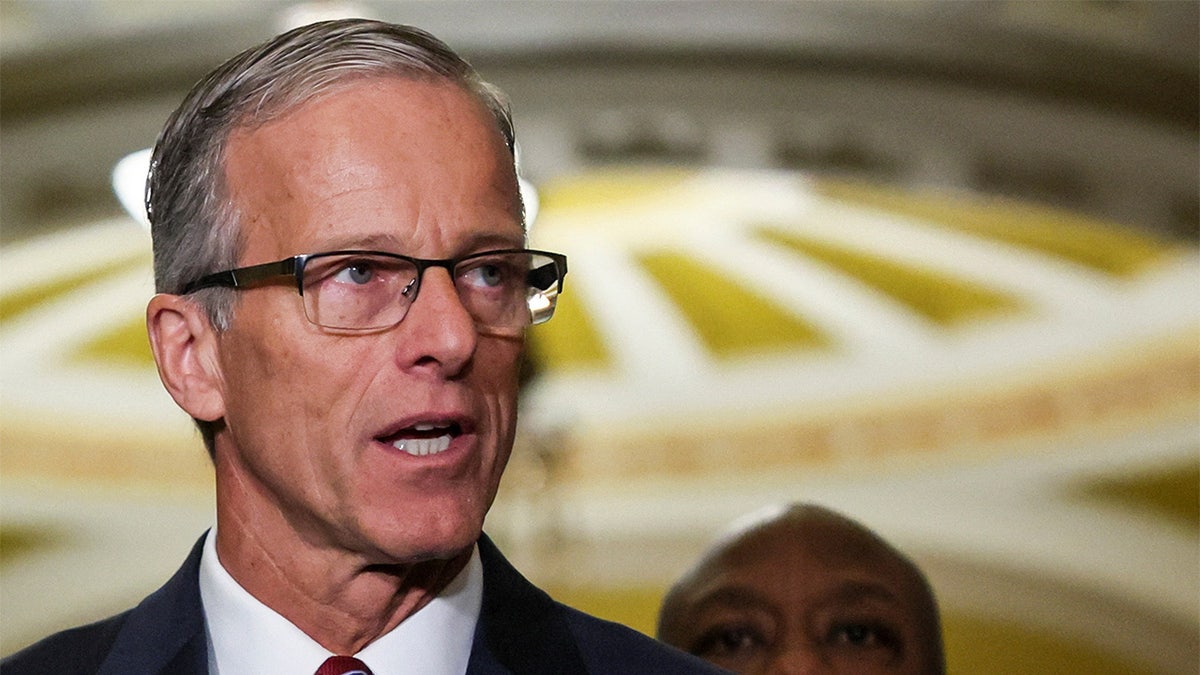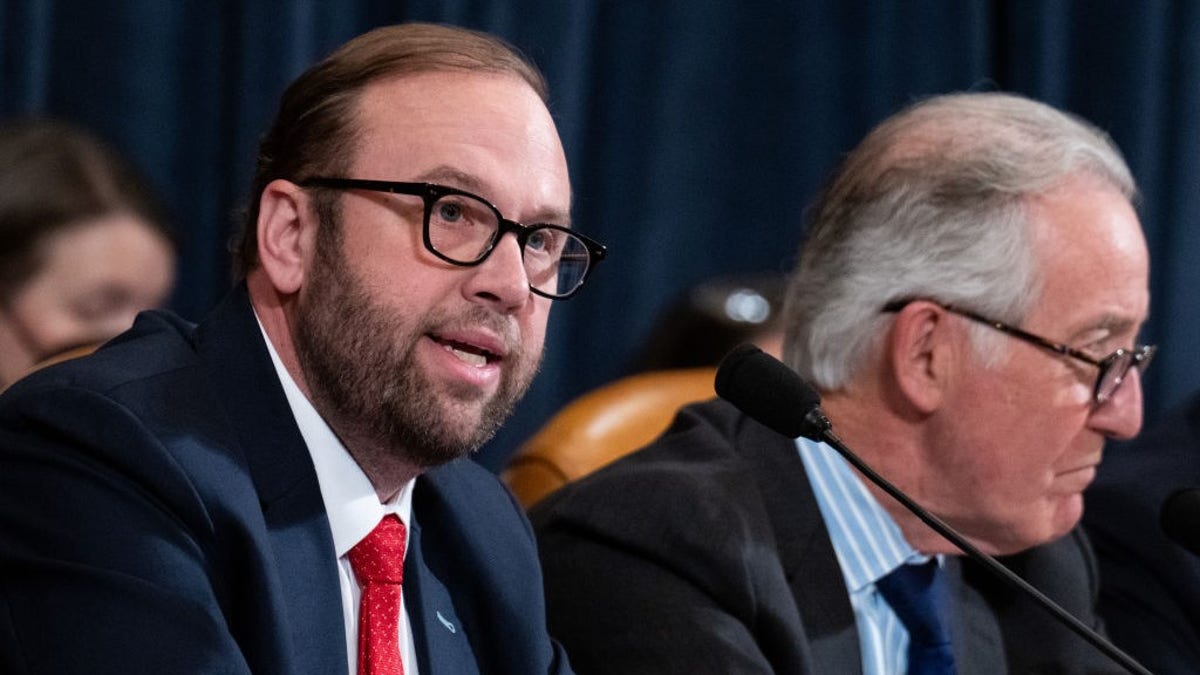In a closed-door meeting on Saturday, Speaker Mike Johnson informed House Republicans that President-elect Trump supports consolidating a comprehensive conservative policy overhaul into a single, substantial piece of legislation, aiming for its passage by May. This revelation, confirmed by three sources to Fox News Digital, is expected to resolve the growing internal debate within the Republican party regarding the utilization of the "reconciliation" process for advancing their legislative agenda in the upcoming year.

The reconciliation process offers a strategic advantage in the Senate, enabling legislation to bypass the usual 60-vote requirement and proceed with a simple majority, provided it pertains to budgetary or fiscal matters. While both parties have historically employed reconciliation for enacting wide-ranging policy changes within a single bill, the process involves rigorous scrutiny by the Senate parliamentarian, who determines the relevance of the legislation to U.S. fiscal policy. Previous attempts by Democrats to utilize reconciliation for immigration reform faced roadblocks.
Republicans now face potential similar challenges as they seek to incorporate border security measures into this comprehensive bill. Their objectives also include extending provisions of the 2017 Trump Tax Cuts and Jobs Act (TCJA) and addressing energy and defense policy. Johnson's announcement follows a period of disagreement among Congressional Republicans regarding the optimal approach to reconciliation, with some advocating for dividing their priorities into two separate bills. Senate Majority Leader John Thune, supported by Trump advisor Stephen Miller, had proposed one bill focused on border security and defense, and a second dedicated to preserving Trump's tax policies.

This two-bill approach drew criticism from members of the House Ways and Means Committee, who cautioned that such an undertaking could be overly ambitious and that prioritizing border security over tax policy could jeopardize existing GOP tax provisions slated to expire at the end of the year. Committee Chairman Jason Smith emphasized the historical rarity of Congress successfully passing two reconciliation bills in a single year, the last instance being in 1997. He advocated for a single, comprehensive bill encompassing border security, energy, permitting, and tax policies.

While some lawmakers, like House Freedom Caucus Chairman Andy Harris, maintained that pursuing border security and tax policy on separate but parallel tracks remained feasible, the potential complexities of tax legislation were acknowledged. The House Ways and Means Committee has warned that the expiration of Trump's tax policies could lead to a substantial increase in taxes for average Americans. Ultimately, the decision to pursue a single, omnibus bill reflects a strategic move to consolidate Republican priorities and streamline the legislative process.








